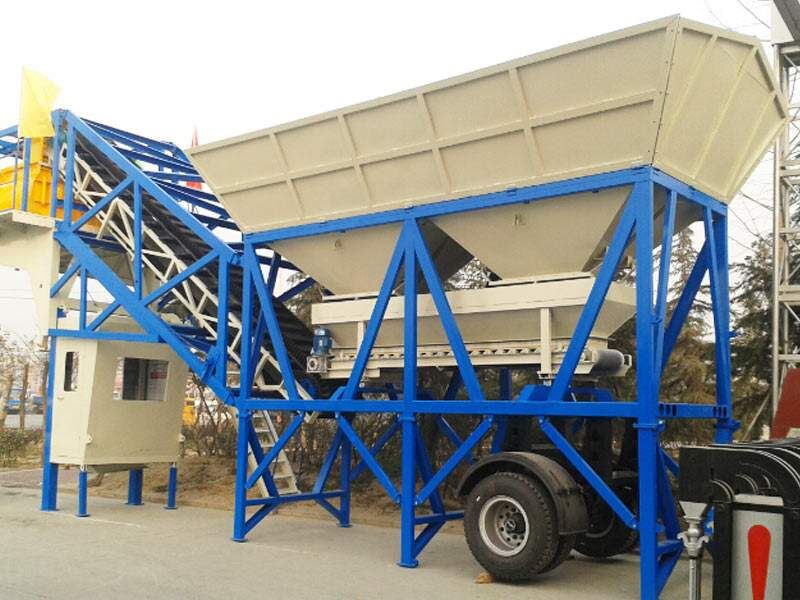Advantages and disadvantages of dry and wet mortar
Definition: A solid mixture of dry materials is called a dry mortar
Advantages:
- 1. If it is a mortar for special purposes. Due to the large viscosity, it cannot be produced in the form of wet mixing, and only dry mortar is used for special mortar. Special mortars are as follows: tile bonding mortar, wear-resistant floor mortar, interface treatment mortar.
- 2.The dry-mixed mortar can be stored for a long time after being transported to the construction site, and then mixed with water when needed.
- 3.Ready-to-use, flexible, easy to use in small batches.
Disadvantages:
- Secondary mixing is required.Corresponding mixing equipment and manpower are required.
- Dust pollution occurs during the stirring process.
- When mixing on-site, the amount of water added is arbitrary, which is not conducive to the quality control of the mortar.
Definition: The wet mix made by adding water is called wet mix mortar. The wet mix mortars are all ordinary mortars, including wet mix masonry mortar, wet mix plaster mortar, wet mix floor mortar and wet mix waterproof mortar.
Advantage:
- There is no need to carry out secondary stirring at the construction site, and it can be used directly after being transported to the site.
- The factory concentrates production and mixing, and the quality is relatively stable.
- Compared with dry-mixed mortar, the cost is slightly lower.
Disadvantages:
- The quality is affected by transportation factors and setting time. If the setting time is too long, it will affect subsequent construction. If the setting time is too short, the mortar will be scrapped.
- Not suitable for small batches.
- The mortar transported to the site must be used within the specified time.

If you are interested in our products please contact us. Our contact information is as follows.
Tel: 0086-371-86238892 | +86 15617732826
Email:[email protected]
Add:Zhengzhou High-tech Industrial Development Zone, Henan Province, P.R.China

